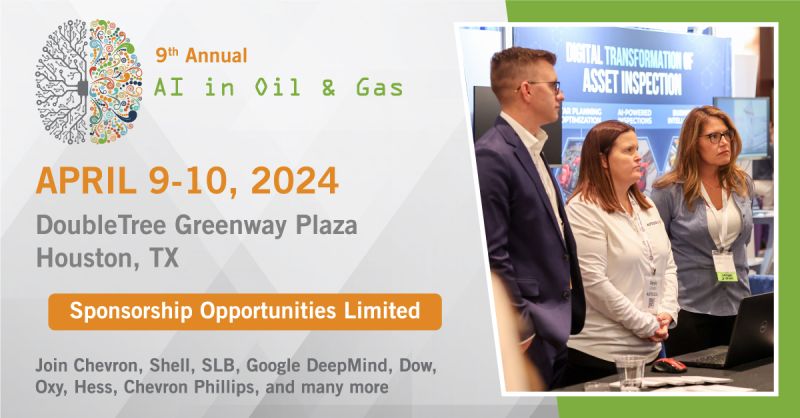
Artificial Intelligence (AI) has become a game-changer in various industries, including the oil and gas sector. AI applications offer numerous benefits that can revolutionize operations, enhance safety, increase efficiency, and reduce costs. AI-driven data analysis can identify potential drilling sites more accurately and efficiently, predict reservoir behaviors, optimize drilling techniques, and enhance production. Additionally, AI facilitates real-time monitoring of equipment health and performance, minimizes downtime, and reduces human errors by automating routine tasks and decision-making processes. It can also improve safety by replacing or augmenting dangerous tasks like offshore drilling and pipeline inspections with AI-powered robotic systems, thereby reducing human exposure to hazardous environments and minimizing the risk of accidents. Furthermore, AI assists in optimizing energy consumption, reducing waste, and supporting the shift towards cleaner energy sources by improving the efficiency of oil and gas extraction and refining processes.
However, integrating AI in the oil and gas industry has challenges and concerns. First, AI's effectiveness relies on large volumes of high-quality data, which may be challenging to integrate and maintain consistent data sources in the oil and gas industry's complex data silos. Second, the interconnected nature of AI systems and the reliance on digital infrastructure expose the sector to cyberattacks, which could disrupt operations, compromise sensitive data, and have severe economic and environmental consequences. Third, as AI automates various tasks, there is potential for job displacement among the industry's workforce, creating challenges for retraining and upskilling. Finally, using AI raises ethical questions, such as accountability for AI-driven decisions and unintended consequences, and regulatory frameworks might need help to keep pace with rapidly evolving AI applications.
Nonetheless, the integration of AI in the oil and gas sector is inevitable, driven by the industry's need to remain competitive, sustainable, and efficient. A balanced approach can harness its benefits while mitigating potential risks, and collaboration between industry leaders, AI developers, regulators, and researchers is essential to establish best practices, ethical guidelines, and effective regulatory frameworks.
Key Conversation Topics:
What’s New in 2024: